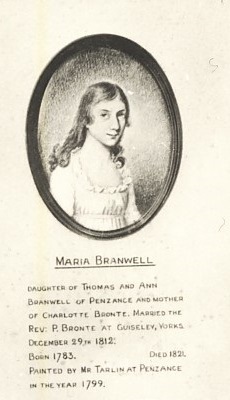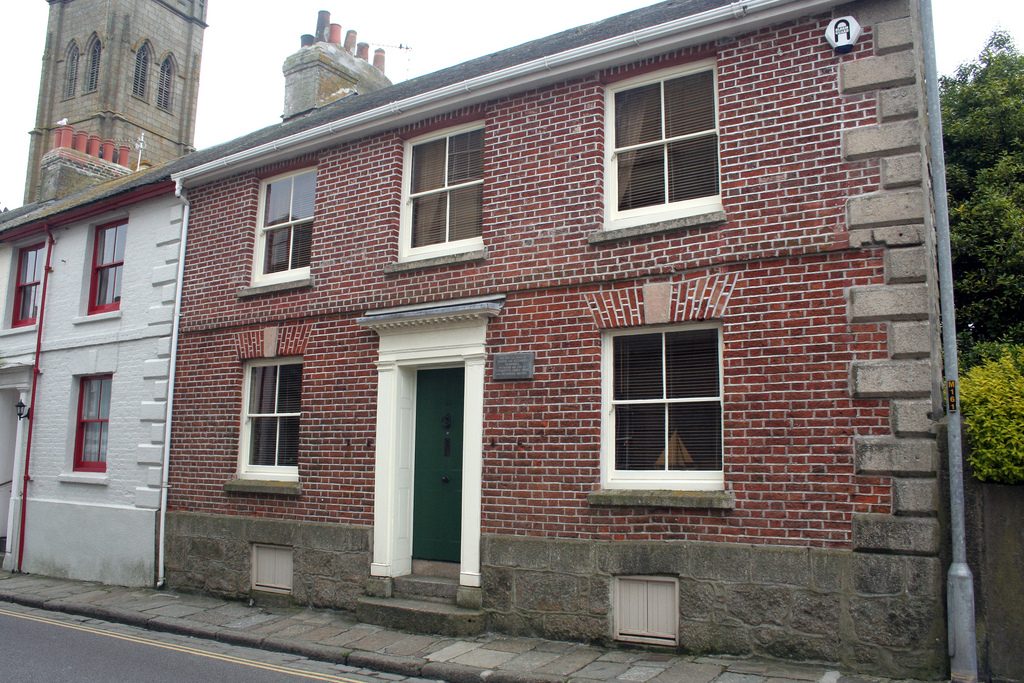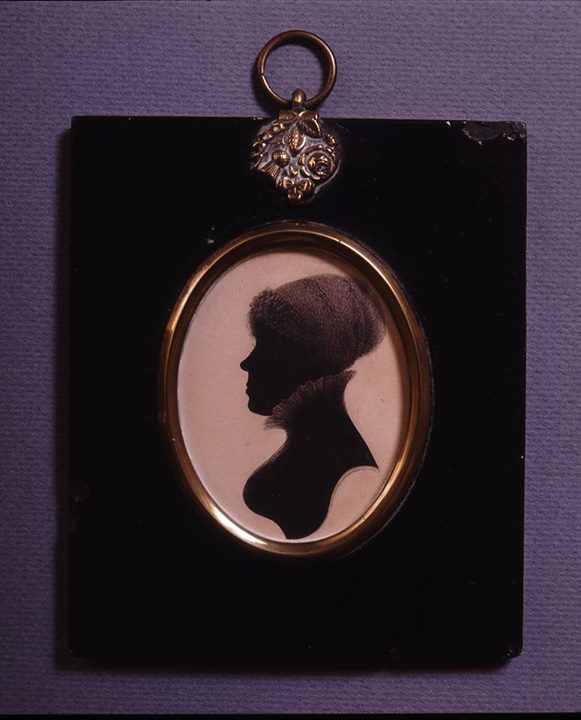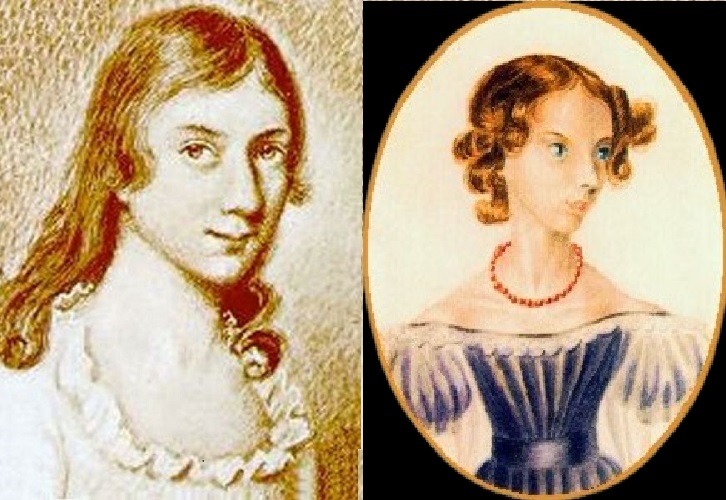In this blog we look at the life and works of Anne Brontë and her remarkable family. I try to focus on the positive aspects of their story, but of course we all know that they had more than their fair share of tragedy to deal with too – so in today’s post we look at one of the saddest events of all that happened exactly 203 years ago today.
When Patrick Brontë moved to Yorkshire in 1809 to be assistant curate to Reverend John Buckworth of Dewsbury he could little realise how much his life would change. Three years later he met Penzance born Maria Branwell, who had travelled to Yorkshire from Cornwall, and within months they were married. There then followed a succession of six children at regular intervals, concluding with the birth of Anne Brontë in January 1820.

Three months after Anne’s birth the family moved to a new parish in Haworth, and their future looked bright indeed, but just a year after the move Patrick’s world came crashing down. He recalled the events in a letter sent to his old friend and employer John Buckworth on 27th November 1821:
“I was at Haworth, a stranger in a strange land. It was under these circumstances, after every earthly prop was removed, that I was called on to bear the weight of the greatest load of sorrows that ever pressed upon me. One day, I remember it well; it was a gloomy day, a day of clouds and darkness, three of my little children were taken ill of scarlet fever; and, the day after, the remaining three were in the same condition. Just at that time death seemed to have laid his hand on my dear wife in a manner which threatened her speedy dissolution. She was cold and silent and seemed hardly to notice what was passing around her.
At the earliest opportunity I called in different medical gentlemen to visit the beloved sufferer; but all their skill was in vain … after above seven months of more agonizing pain than I ever saw anyone endure she fell asleep in Jesus, and her soul took its flight to the mansions of glory …
Do you ask how I felt under all these circumstances? I would answer to this, that tender sorrow was my daily portion; that oppressive grief sometimes lay heavy on me and that there were seasons when an affectionate, agonizing something sickened my whole frame … And when my dear wife was dead and buried and gone, and when I missed her at every corner, and when her memory was hourly revived by the innocent yet distressing prattle of my children, I do assure, my dear sir, from what I felt, I was happy at the recollection that to sorrow, not as those without hope, was no sin; that our Lord himself had wept over his departed friend, and that he had promised us grace and strength sufficient for such a day.”
Maria Brontë died on 15th September 1821. It is often said that she died of uterine cancer, but in the 1970s eminent obstetrician and Brontë fan Professor Philip Rhodes said this was unlikely given the facts we knew about Maria’s demise. He instead concluded: “All in all, I would lean to the idea of chronic pelvic sepsis together with increasing anaemia as the probable cause of her death. It is to be remembered that this was before the age of bacteriological knowledge… Gynaecological knowledge was primitive, there was no ante-natal care and no attempt at follow-up after childbirth.”

It seems likely then, in a further tragic twist, that it was the aftermath of the birth of Anne Brontë that led to the death of her mother when Anne was just one year old (The header image of this post shows portraits of Maria and her daughter Anne.) This was a dark time for Patrick and his children, but Maria’s sister Elizabeth travelled from Cornwall to Haworth never to return to Penzance again. For over twenty years she was an unflinching comfort to Patrick, a financial support (she was undoubtedly one of the people who cleared the debts Patrick had amassed when seeking medical help for his wife), and almost a second mother to the Brontë children – particularly to baby Anne. In that same letter to Reverend Buckworth, Patrick explained:
“Her sister, Miss Branwell, arrived, and afforded great comfort to my mind, which has been the case ever since, by sharing my labours and sorrows, and behaving as an affectionate mother to my children.”

A tragic milestone in the Brontë story, but Maria’s legacy of love, and the selfless and steadfast support of her sister Elizabeth Branwell, is still remembered today. I hope to see you next week for another new Brontë blog post.

It would be so good if there were more evidence of Miss Branwell, her early life in Penzance and when she lived at the Parsonage. She must have been a remarkable woman to have left her home, her social circle and friends and the pleasures of living in a more temperate climate, and come to what must have seemed the artic circle! And what a journey it must have been! But family obligations and loyalty were everything, and as a devout woman she would have been anxious to care for her sister and the family because it was the Christian thing to do.
No matter my whereabouts every time I see a portrait of any of the Bronte family I burst into tears. Patrick Bronte surely had the saddest existence of any human ever apart from Jesus of Nazareth. I somehow have the strange belief that especially Charlotte is a soulmate of mine and I just know definitely that she will be one of the first people I shall meet when I enter through the gates of Heaven God willing.